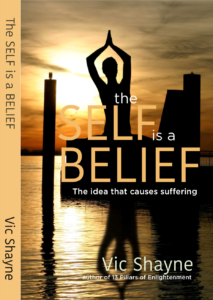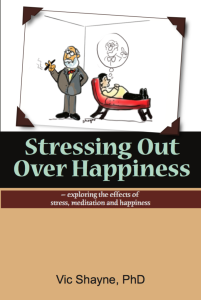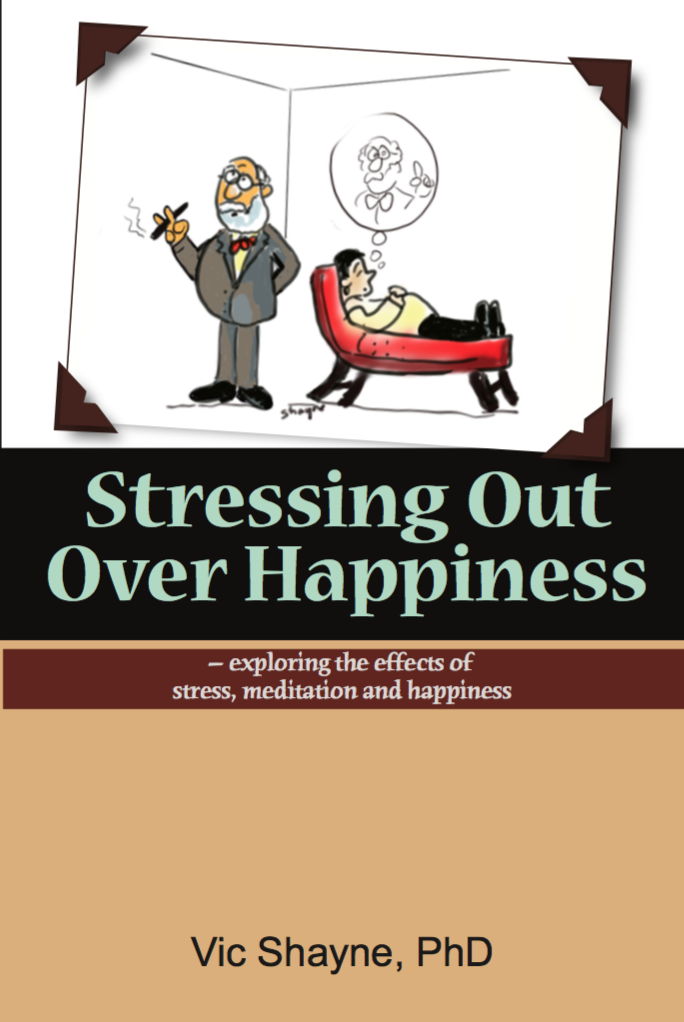The Self is a Belief
The Self is a Belief is one of my recent releases, and is a close-up loo k at the self, or egoistic mind, and how it is formed to create what we think is an individual self. For millennia sages of the East have been teaching about this false sense of self as the cause of most suffering. This is because the self identifies with the body and all sorts of objects and people.
k at the self, or egoistic mind, and how it is formed to create what we think is an individual self. For millennia sages of the East have been teaching about this false sense of self as the cause of most suffering. This is because the self identifies with the body and all sorts of objects and people.
The mind is a tool that has evolved to separate all things by way of the five senses. It does this to differentiate shapes, sounds, textures, tastes, and so on. But when this mind becomes conditioned by myriad influences over a lifetime then it comes to apply this same separation to life for psychological purposes. And this is where the self, the egoic self, is born. This conditioned mind becomes attached to ideas, memories, situations, accolades, the body, and on and on. As such it presents a false image of the world and all that is contained within it. It loses the knowledge that it actually exists in one flowing consciousness and that nothing is separate from consciousness.
In The Self is a Belief I bring in a great many voices to weigh in on this idea of consciousness, the self, and the problems that arise from this belief. You can read about yogis, sages, mystics, quantum physicists, neuroscientists, psychologists, and philosophers who all have something interesting to say on the subject.
This book is based on my own personal findings, and at the end of the book, my wife Janice describes the process of self-enquiry that leads to the realization that the self is only a belief. It is a practice that anyone can do if interested enough to uncover the ceaseless cycle of pursuing pleasure and avoiding pain.
———————————————————————————
Stressing Out Over Happiness
— exploring the effects of stress, meditation and happiness
BOOK RELEASE
 Stressing Out Over Happiness is a new self-help book that merges the wisdom of ancient sages, neuroscientists, psychologists, philosophers and quantum physicists to explore the nature of happiness, the physiological and mental aspects of stress, and how the mind works. This book also delves into the two forms of Buddhist meditation that have been shown in university studies to lessen the effects of stress and lead to greater happiness.
Stressing Out Over Happiness is a new self-help book that merges the wisdom of ancient sages, neuroscientists, psychologists, philosophers and quantum physicists to explore the nature of happiness, the physiological and mental aspects of stress, and how the mind works. This book also delves into the two forms of Buddhist meditation that have been shown in university studies to lessen the effects of stress and lead to greater happiness.
If you are stressed out (who isn’t), anxious, depressed or wandering in a daze, this book should prove very helpful to you. If you are a natural health practitioner, nurse, or therapist, you should read what this work has to say because there is definitely a missing link in today’s health care picture — a holistic paradigm.
The mind is very complicated instrument. Or is it an instrument at all? The truth is that, despite our scientific effort, we are no closer to understanding the mind in terms of its shape, form or existence. We know it by its actions, but we cannot measure it or observe it except by means of its effect on the brain. To study the mind, we have to look into the nature of consciousness, and that is a big undertaking. In this book, though, we do just that. My hope is that this book will compel you to ask your own questions and explore the workings and nature of your own mind and your own existence. In the end, this should not only bring down stress levels, but it should also make you much happier.

